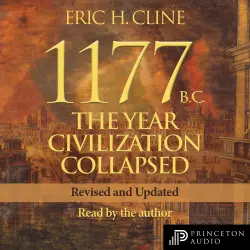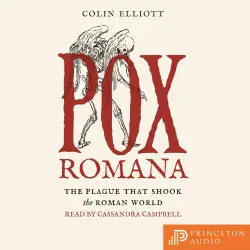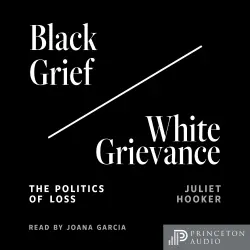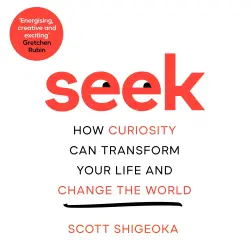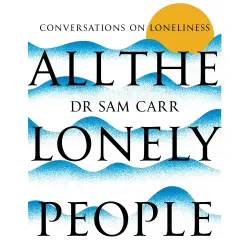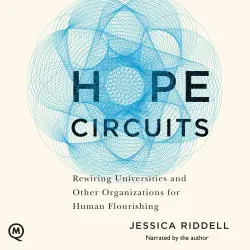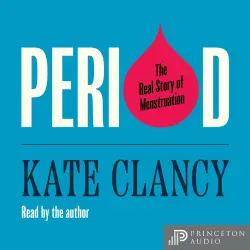
Turning Points in Ancient History
Pox Romana: The Plague That Shook the Roman World - Turning Points in Ancient History, Book 15
Colin Elliott
From the publisher
This audiobook narrated by Cassandra Campbell gives a dramatic account of the Antonine plague, the mysterious disease that struck the Roman Empire at its pinnacle
In the middle of the second century AD, Rome was at its prosperous and powerful apex. The emperor Marcus Aurelius reigned over a vast territory that stretched from Britain to Egypt. The Roman-made peace, or Pax Romana, seemed to be permanent. Then, apparently out of nowhere, a sudden sickness struck the legions and laid waste to cities, including Rome itself. This fast-spreading disease, known now as the Antonine plague, may have been history's first pandemic. Soon after its arrival, the Empire began its downward trajectory toward decline and fall. In Pox Romana, historian Colin Elliott offers a comprehensive, wide-ranging account of this pivotal moment in Roman history.
Did a single disease-its origins and diagnosis still a mystery-bring Rome to its knees? Carefully examining all the available evidence, Elliott shows that Rome's problems were more insidious. Years before the pandemic, the thin veneer of Roman peace and prosperity had begun to crack: the economy was sluggish, the military found itself bogged down in the Balkans and the Middle East, food insecurity led to riots and mass migration, and persecution of Christians intensified. The pandemic exposed the crumbling foundations of a doomed Empire. Arguing that the disease was both cause and effect of Rome's fall, Elliott describes the plague's "preexisting conditions"-Rome's multiple economic, social, and environmental susceptibilities; recounts the history of the outbreak itself through the experiences of physician, victim, and political operator; and explores post-pandemic crises. The pandemic's most transformative power, Elliott suggests, may have been its lingering presence as a threat both real and perceived.
In the middle of the second century AD, Rome was at its prosperous and powerful apex. The emperor Marcus Aurelius reigned over a vast territory that stretched from Britain to Egypt. The Roman-made peace, or Pax Romana, seemed to be permanent. Then, apparently out of nowhere, a sudden sickness struck the legions and laid waste to cities, including Rome itself. This fast-spreading disease, known now as the Antonine plague, may have been history's first pandemic. Soon after its arrival, the Empire began its downward trajectory toward decline and fall. In Pox Romana, historian Colin Elliott offers a comprehensive, wide-ranging account of this pivotal moment in Roman history.
Did a single disease-its origins and diagnosis still a mystery-bring Rome to its knees? Carefully examining all the available evidence, Elliott shows that Rome's problems were more insidious. Years before the pandemic, the thin veneer of Roman peace and prosperity had begun to crack: the economy was sluggish, the military found itself bogged down in the Balkans and the Middle East, food insecurity led to riots and mass migration, and persecution of Christians intensified. The pandemic exposed the crumbling foundations of a doomed Empire. Arguing that the disease was both cause and effect of Rome's fall, Elliott describes the plague's "preexisting conditions"-Rome's multiple economic, social, and environmental susceptibilities; recounts the history of the outbreak itself through the experiences of physician, victim, and political operator; and explores post-pandemic crises. The pandemic's most transformative power, Elliott suggests, may have been its lingering presence as a threat both real and perceived.


